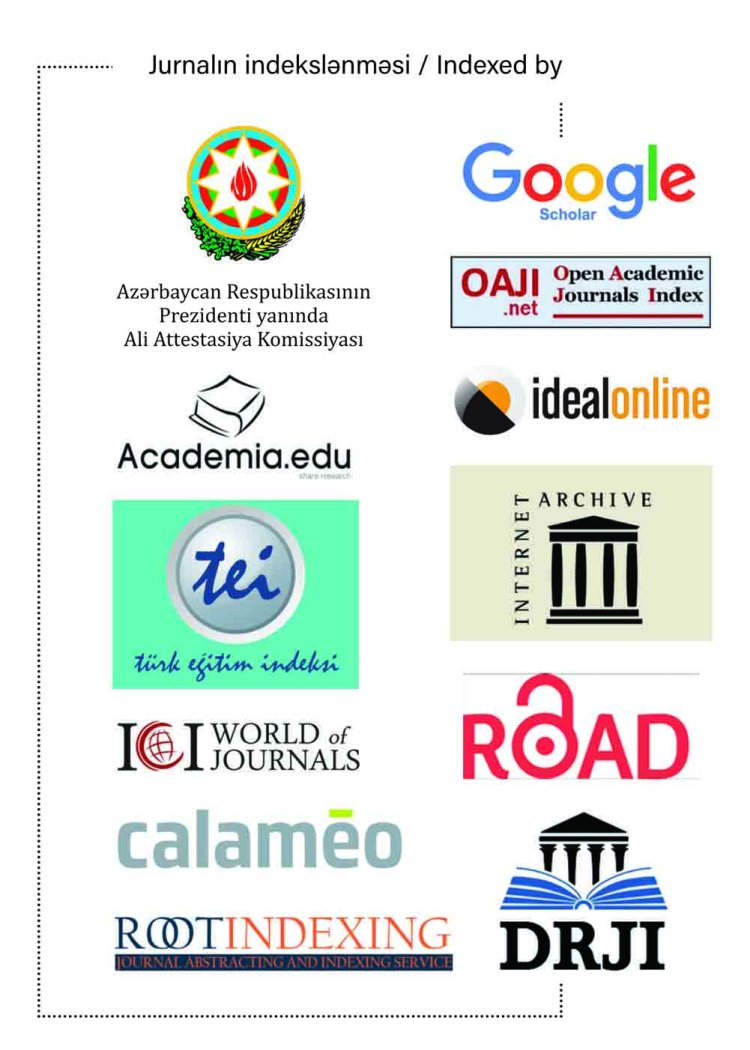HIGHER RELIGIOUS EDUCATION IN AZERBAIJAN: TARGETS AND EXPECTATIONS
ISLAM MUSAYEV
Religion has historically played an important role in shaping social and cultural life. Azerbaijan has been an important religious and scientific center, especially after the spread of Islam. Educational activities that expanded with the arrival of Islam in the region, were conducted in madrasas located within mosques. The pressures exerted by Tsarist Russia on national and spiritual values continued to affect religious education and religious life following the occupation of Soviet Russia.After regaining its independence, Azerbaijan re-embraced its national and spiritual values. In this period, theology faculties were established, and madrasas and Quran courses began operating in many cities. Theology faculties were opened within various universities, some of closed for different reasons, while others were restructured to align with state interests. These faculties now operate as part of institutes designed to be free from external influences. The state has determined that religious services in Azerbaijan must be conducted exclusively by specialists trained within the country. Therefore, the restructuring of colleges, faculties, and institutes primarily aims to train professionals with authentic religious knowledge, who understand the region’s context and foster a correct understanding of religion. Additionally, this restructuring seeks to address challenges in the religious sphere and fulfill society’s spiritual and religious needs. The subject of this research is to evaluate recent changes in terms of the goals and expectations of higher religious education in Azerbaijan.




